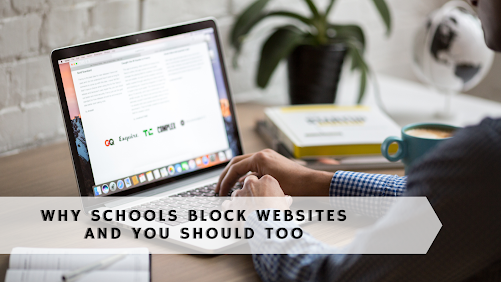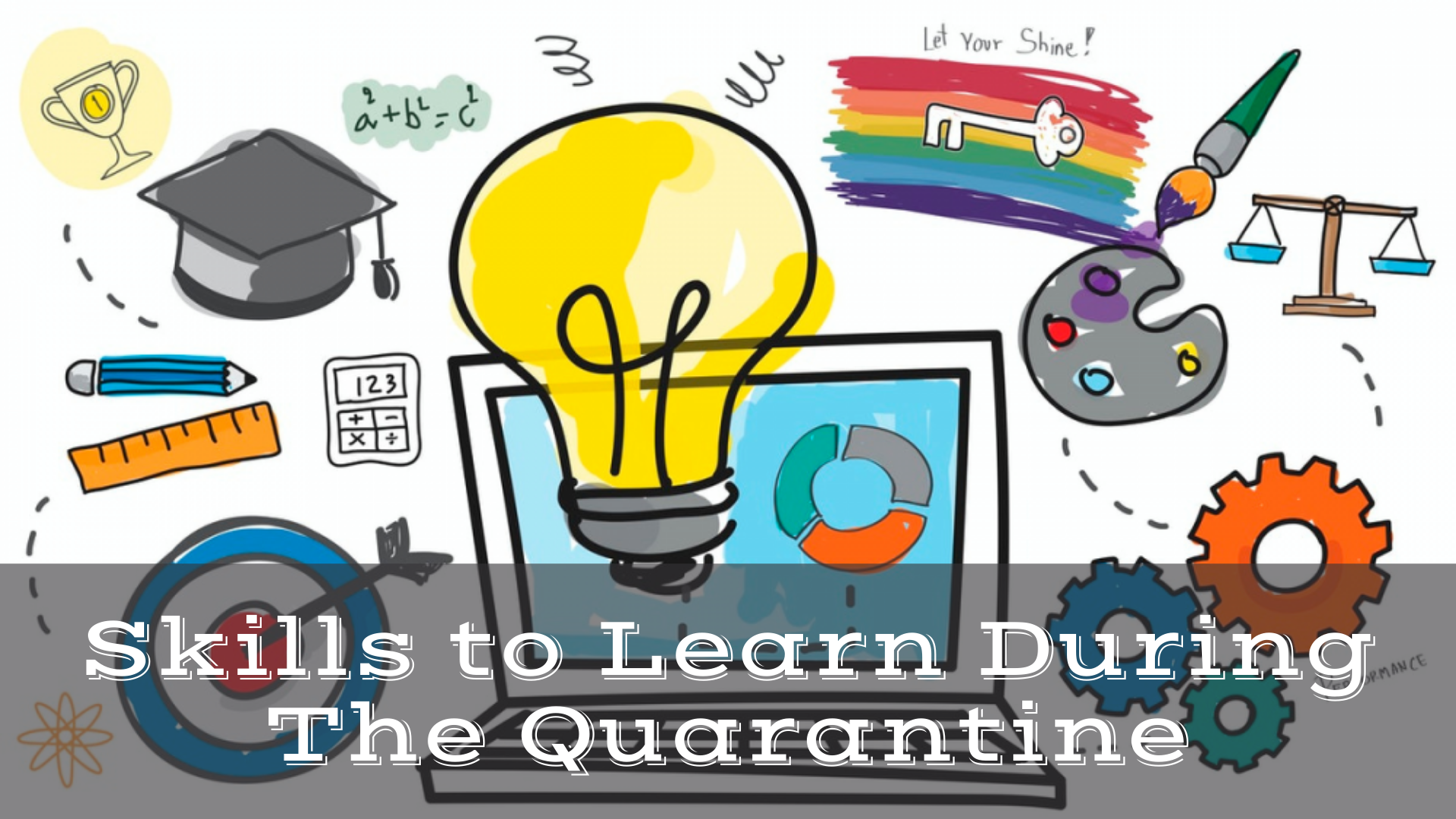Why Schools Block Websites and You Should Too
A school's most important job, besides educating your children, is protecting them whereas they're there. That is why many schools choose to filter web content by blocking certain websites and shielding students from harmful content.
With an endless supply of new websites, it is difficult to stay up with those you'll need to have blocked; however, parental management software will build this task easier for parents. It aids parents in blocking websites and filters unblocked pages in real-time to sift out content that's unsuitable for your youngsters.
For folks, knowing how to block websites is a vital piece of keeping your children safe online. The web is packed with websites that find yourself being highly inappropriate for youths even after they seem innocent to start with. Blocking these websites is the 1st place, several parents and colleges begin to form the web safer for kids.
According to a survey, 98% of the nation's colleges filter the web content that's offered to students. For many boarding Schools, it's an ethical imperative; on the other hand} again, it's also for financial reasons.
The federal government's E-rate program provides discounts for colleges and libraries by getting certain communication services and products. As a condition for this federal funding, the Children's Internet Protection Act (CIPA), passed by Congress in 2000, requires that K-12 colleges and libraries in the U.S. use internet filters and implement different measures to safeguard youngsters from harmful online content.
Argument for schools blocking websites
Teachers don't seem to be always around within the laptop labs or study halls to police online safety. Using school web filtering to block pornography and sites that are inappropriate provides the level of consistent online security that's not solely nice to have, but also a necessity.
There are several debates concerning schools being too restrictive with online boundaries and limiting students' access to analysis. But those criticisms are outweighed by the larger good of protecting them from harmful pictures and content. Without content filtering, let's say, simple Google searches by students researching a topic will return obscene pictures in the thumbnail results— that's not what we would like our kids seeing in the classroom.
At the same time, schools need to teach children a way to use the internet responsibly and work with parents to plant seeds for youths to learn how to be safe online as they become more independent. As they learn that websites to visit and which to avoid, the importance of awareness becomes a key issue, learned at school and home.
Years ago, there was no discussion about websites that ought to and shouldn't be allowed in lecture rooms. Everybody was more involved with that books students ought to be allowed to browse. Now, internet filtering is an ongoing issue, specifically between school administration, school and concerned parents.
According to a Project Tomorrow 2018 report, annually, a larger number of scholars have access to devices:
91% of high school students and 79% of secondary school students have access to smartphones
57% of elementary students have access to the laptop and 50% report having access to a smartphone
68% of scholars say they need periodic access to devices during class
These numbers can still increase throughout the years, and eventually, all schools will go paperless and utilize technology in the classroom full time.
How website block keeps students safe
Safety is the number one priority of school systems, and this is applicable not solely to the time children spend at school, but also their time spent online. There are several dangers on social media that we would like to safeguard our youngsters from such as adult content, internet strangers, and more.
Do we need our youngsters exposed to mature material? Do we want our children corresponding with strangers or exposed to online predators? Are we ensuring that our child's privacy is protected? These are valid concerns that school administrators should take into account once deciding to permit students to access the internet.
Another issue to consider is, can we guarantee that scholars can observe ethical choices on social media? Some adolescents these days are engaging in inappropriate and illegal behaviours on social media. A number of these acts include: sexting, hacking into networks, stealing passwords, creating fake accounts, and much more.
Many of those behaviours will result in in-school suspensions, expulsions, and even criminal charges. Schools these days are spending countless hours dealing with these new social media problems instead of focusing time and energy on teachers and school priorities. And also the question that remains is, who ought to control accountable? The student who accesses the websites that are prohibited from school or the school for not having adequate security?
Each year, increasingly technology is incorporated into the schoolroom, meaning that it's even more important to put more effort into education and teaching responsible digital citizenship among students. Educating children and teens on the pros and cons of social media, dangers or threats that may be found online, and other problems is a positive opening towards finding a solution.
Schools should even have policies in place, specifically geared at addressing social media, web and technology usage, and cyberbullying. If the policies are specific, outlining that websites and behaviours will and can not be tolerated, schools will confidently stand behind their disciplinary practices.




Comments
Post a Comment